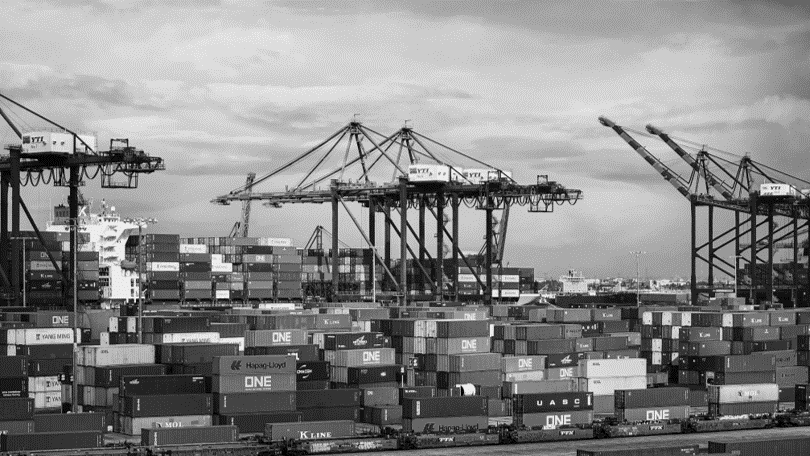By Gregor Petri, OI Business Lawyer

“Clothes come from Asia, cocoa and fruit from Africa, coffee from South America: protecting the rights of people who produce goods for Germany – that is the aim of the law on corporate due diligence in supply chains.”
– German Federal Government
This is what the German Federal Government writes on its homepage for information on the new Supply Chain Act, which will come into force on:
- 01.01.2023 for all large German companies with 3,000 or more employees
- 01.01.2024 for all German companies with 1,000 or more employees
Its scope also includes affiliated companies in Germany and abroad.
The “Supply Chain Act”, officially known as the “Act on Corporate Due Diligence to Avoid Human Rights Violations in Supply Chains (Due Diligence Act)”, will require German companies to ensure that their supply chains follow certain human rights and environmental standards. As described in Article 1 of the act, the protection of people also includes the protection of the environment.
In addition to the listing and definition of human rights, human rights risks, environment-related obligations and environment-related risks under Section 1 of the Act, a number of due diligence obligations are also included.
Section 2 sets out, among other things, due diligence obligations ranging from the establishment of a risk management system, regular risk analyses, the taking of corrective measures, the establishment of a complaints management system as well as documentation and reporting. The implementation of these due diligence obligations also applies to indirect suppliers.
In order to fulfil these obligations, the appropriate means of trade is assessed on four criteria:
- The nature and scope of the business activity
- The degree of influence on the direct perpetrator of the violation
- The typical expected severity of the breach, the reversibility of the breach, and the likelihood of the breach occurring.
- The nature of the contribution to causation
Despite criticisms from politicians on all sides, business lobbyists and think-tanks regarding this law, we welcome this approach that serves to protect human rights.
The alternative to such a legally binding due diligence law was the voluntary fulfilment of due diligence obligations by businesses. However, a representative survey showed that only between 13 and 17 percent of the companies surveyed fulfil the necessary requirements for effective due diligence.
The voluntary practice of due diligence with respect to protecting human rights and the environment leads to competitive disadvantages. These will now be reduced by means of this law.
The Otto Group, and by extension Otto International (OI), have extensive experience with such topics. such as the Code of Conduct and the Otto Group Supplier Declaration, other companies may have to start from scratch.
At OI, responsibility, sustainability and transparency are already an integral part of our day-to-day operations.
As an Otto Group company, sustainability is part of our DNA. We are working on various initiatives to protect the environment and human rights. These include, among many others, the increasing use and further development of 3D digital design, the use of recycled packaging and materials, as well as initiatives such as “Cotton made in Africa”. Additionally, through our subsidiary Astra, we ensure that the workers in the factories we partner with are treated to a certain standard.
However, Corporate Responsibility does not only play an important role in relation to the supply chain and production. We also expect our employees to act in a sustainable and socially responsible way. For example, we are very close to making all of our offices a paper-free environment and we strive to minimise our energy consumption. In addition to environmental protection, we of course, also focus on people. We put people first through Our Values, which is shown through initiatives like our Diversity & Inclusion campaign.

